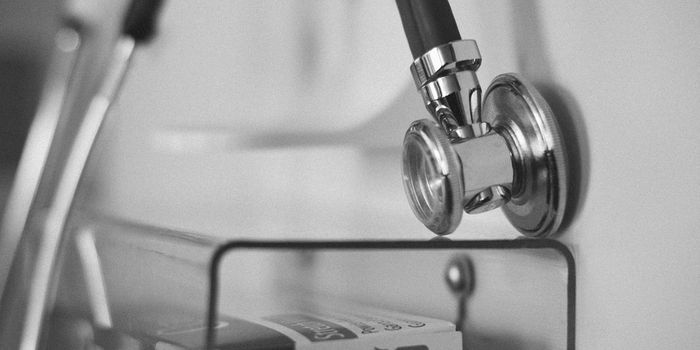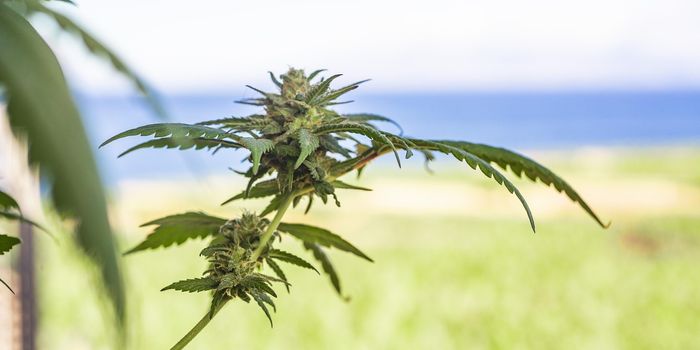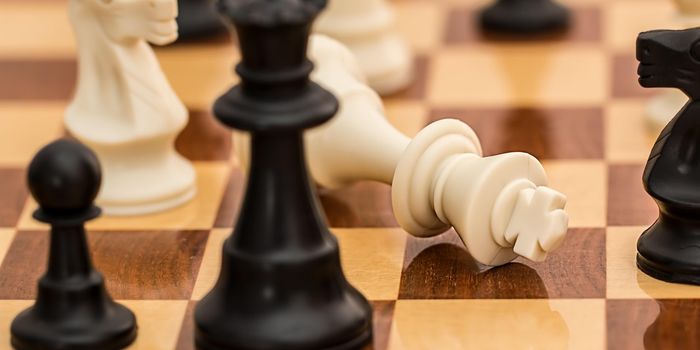Jui Jitsu and Marijuana: High Rollers
As a previous practitioner of Brazillian Jui Jitsu (BJJ), I can attest that it takes a lot of endurance, motivation, technique, and strength. These are all things that are thought to be lost when you are "high" on marijuana. Think of the list of stoner movies - "Half Baked", "Cheek & Chong", "Pineapple Express". The main characters are depicted to be lazy, unmotivated, couch potatoes munching on junk food. Not your typical athlete profile. Nevertheless, in Los Angelos, CA (where recreational marijuana is legal), an interesting tournament takes place: stoned BJJ. That's right, all of the athletes are high, and the main prize is a pound of weed.
Photo Source: Pexels.com
Ok, professional athletes practicing their craft high. How would weed work toward their benefit? Well, for starters, BJJ is a very social sport. Smoking marijuana tends to facilitate social interaction. According to an article Psychology Today, "...students of BJJ offer each other a powerful, affirming, accepting and biologically-mediated experience, simply through the body-to-body contact that occurs throughout BJJ". This releases neurotransmitters such as oxytocin, which is involved in social bonding and empathy. It turns out that endocannabinoids interact with oxytocin in the brain's reward system to increase social reward.
How about pre-match jitters? Paraphrasing "Big Lion" Howard, a co-founder of the event, apparently smoking weed before a match for him relieves his stress and nervousness and gets him pumped up to go. Marijuana has been reported to have anti-anxiety effects. These may be mediated by the observed effect of endocannabinoids inhibiting the body's stress response via the hypothalamus-pituitary-adrenal (HPA) axis. The competitors also mentioned an increase in confidence, which could be a secondary effect of the drug's effects on anxiety.
Perhaps the most relevant from a clinical perspective is how marijuana can help with the pain and inflammation. The competitors themselves agree that they would rather smoke pot than use opioids or even ibuprofen. The scientific literature is starting to paint a consistent picture of the role of endocannabinoids in decreasing pain. One way that scientists believe endocannabinoids decrease pain is the role of the cannabinoid receptor in the spinal cord and in the thalamus. Activation of these receptors is thought to decrease the pain signals generated in these regions.
Photo Source: UnSplash.com
Alright, but what about balance? This can be critical in BJJ, especially at the start of the match, which is usually on the feet. Well, perhaps unsurprisingly, marijuana may throw off your balance, as it influences activity in the cerebellum and basal ganglia. The cerebellum is critical for balance and the basal ganglia are necessary for the fine-tuning of movement. However, balance problems were not mentioned by the competitors. Perhaps because most matches end on the ground (hence the term: "rolling"), this adverse effect may be less noticeable.
One final mention is the fact that former UFC star and BJJ black belt Nick Diaz was at the competition. Diaz was banned from the UFC for five years after testing positive for marijuana (he was not "high" during his fight). Finally, a competition that actually encourages that behavior! See the video below for more details.
Source: www.bigthink.com, www.psychologytoday.com, Proceedings of the National Academy of Sciences of the United States of America, youtube.com, www.verywellmind.com, International Review of Neurobiology, Mayo Clinic Proceedings, Fundamental and Clinical Pharmacology, www.BusinessInsider.com, ESPN.com










